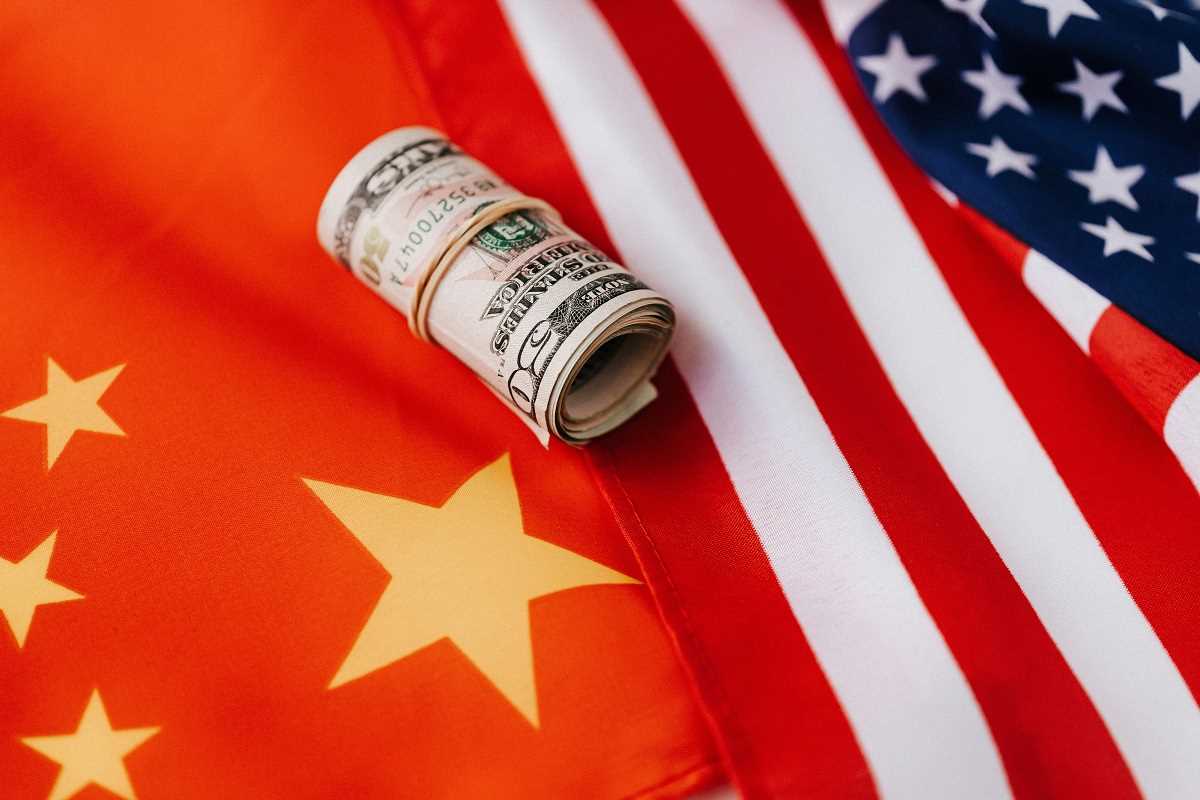Trade wars are battles fought not with weapons but with tariffs, restrictions, and economic policies. They happen when major countries, like the United States, China, and the European Union, clash over trade practices. These conflicts affect not just national economies but also global markets and investment strategies. For investors, trade wars create a mix of risks and opportunities, influencing decisions on where and how to invest. Let's break down how trade wars impact investment opportunities in simple, clear terms.
What Are Trade Wars?
A trade war starts when one country imposes tariffs or other barriers on imports from another country, and that country strikes back with similar measures. Tariffs are taxes placed on goods coming into a country, making imports more expensive. Governments use tariffs to protect local industries, discourage foreign competition, or respond to unfair practices like subsidies (where governments financially support their own businesses to make their products cheaper). However, other countries often retaliate, creating a cycle of economic tension.
The U.S.-China Trade War's Impact on American Farmers
One of the starkest examples of trade war consequences was the impact on American farmers during the U.S.-China trade war that began in 2018. When the United States imposed tariffs on Chinese imports, China retaliated with tariffs on U.S. agricultural products, including soybeans, pork, and dairy. This was a major blow to American farmers, as China had been the largest buyer of U.S. soybeans before these tariffs.
Soybean prices dropped to their lowest levels in over a decade after China's tariffs came into effect. Farmers who depended on exports to Chinese markets lost significant income, and many struggled to pay off loans for equipment and land. To help mitigate these losses, the U.S. government introduced billions of dollars in aid packages for farmers, but the long-term damage to trade relations left many farmers uncertain about future business prospects.
For investors, this turmoil in agriculture made stocks and businesses connected to farming riskier. Companies that produce farming equipment, fertilizers, or agricultural commodities all saw their profits affected. For example, Deere & Co., a leading manufacturer of agricultural machinery, faced declining sales as farmers deferred new equipment purchases due to financial struggles.
How Do Trade Wars Affect Global Markets?
Trade wars disrupt the flow of goods, money, and jobs between countries. When big powers like the U.S., China, or the EU get involved, the effects are felt worldwide. Here's how:
- Uncertainty in Markets - Trade wars create uncertainty, which makes people nervous. Investors don’t like uncertainty because it’s harder to predict how companies or industries will perform. For example, when tariffs are imposed, the cost of doing business goes up for companies, potentially lowering their profits. This can lead to stock market drops as investors try to avoid risky bets.
- Currency Fluctuations - During trade wars, currencies often lose or gain value depending on how their country is affected. If a nation's exports fall due to tariffs, its currency might weaken, making imports more expensive. This affects international investments, as the value of holdings in different currencies changes.
- Supply Chain Disruptions - Many global companies depend on complex supply chains that stretch across countries. If tariffs make parts or raw materials more expensive, businesses might have to raise their prices or find alternative suppliers. Both options can hurt their bottom line, affecting their attractiveness to investors.
These market disruptions often create a domino effect, impacting everyone from large corporations to individual consumers.
Industries Most Affected by Trade Wars
Trade conflicts don't hit every industry equally. Some sectors feel the effects more than others, depending on their reliance on international trade.
- Technology - The tech industry is often at the heart of trade wars, especially between the U.S. and China. Many electronic components are made in China, while tech companies like Apple and Intel are based in the U.S. When tariffs are placed on electronics, it increases production costs and lowers profits for many companies.
- Agriculture - Farmers are frequently caught in the crossfire of trade wars. When countries like China impose tariffs on U.S. agricultural exports, it creates a surplus of products like soybeans and corn. This oversupply drives down prices, making it harder for farmers to earn a living. Agricultural investments become less attractive during such conflicts.
- Manufacturing - Tariffs on raw materials, like steel and aluminum, hurt manufacturing. For example, higher steel prices during U.S.-China trade tensions raised costs for American carmakers and construction companies. This made manufacturing stocks more volatile and less appealing to investors.
- Retail - Retailers that sell imported goods often pass higher costs onto consumers. For example, tariffs on Chinese goods during the trade war raised prices on products like clothing and furniture in the U.S. With rising costs, retail stocks become less desirable to investors.
The Reasons Behind Trade Wars
To understand the full scope of trade wars, it's important to know their main causes:
- Protecting Domestic Industries - Governments may impose tariffs to shield local businesses from cheaper foreign competition. This might work in the short term, but it often leads to retaliation from other countries, making it harder for domestic industries to export their goods.
- Addressing Trade Deficits - A trade deficit happens when a country imports more than it exports. Some governments try to fix this imbalance by taxing imports. For example, the U.S. has criticized its trade deficit with China, leading to measures that target Chinese goods.
- Geopolitical Rivalries - Beyond economics, trade wars often stem from broader political tensions. For instance, trade disputes between the U.S. and China reflect deeper competition for global influence. Similarly, disagreements between the EU and the U.S. over trade often involve overlapping security and economic issues.
Impact on Investor Confidence
Trade wars can shake investor confidence, especially in global markets. When countries impose tariffs, investors worry about rising production costs, falling profits, and weaker economic growth. This often leads to stock market declines, as seen during the U.S.-China trade war in 2018–2019. Additionally, smaller businesses that rely heavily on exports struggle to compete, making their stocks riskier.
However, trade wars also create opportunities for savvy investors. If certain industries suffer, others might thrive. For example, during the U.S.-China conflict, companies focusing on domestic production gained attention as they were less exposed to global trade risks.
Investment Strategies During Trade Wars
Trade conflicts require alternative approaches to investing. Here are some strategies investors can consider:
- Diversify Portfolio - One way to manage risks is by spreading investments across different industries and regions. This reduces the impact of specific trade disputes.
- Focus on Domestic-Focused Companies - Companies that sell primarily within their own country are less exposed to global trade tensions. For example, investing in U.S. healthcare companies or utilities may be safer than investing in exporters.
- Monitor Commodity Prices - Trade wars can impact the prices of commodities like oil, gold, and agricultural products. For instance, when tariffs affect farming, agricultural commodity prices might drop, creating investment opportunities.
- Invest in Emerging Markets - While trade wars often include major powers, some smaller economies can benefit. For example, during the U.S.-China trade war, countries like Vietnam became alternative manufacturing hubs, attracting investments in their markets.
Looking Forward
Trade wars will likely continue shaping the global economy in years to come. While they create challenges for industries and investors, they also open doors for those willing to adapt. By understanding how tariffs, political tensions, and market disruptions influence investments, individuals can make informed decisions. Whether avoiding high-risk stocks, investing in domestic markets, or capitalizing on new opportunities in emerging economies, trade wars remind investors to stay alert and flexible.
Though the world of trade conflicts is complex, one thing is clear—they are not just battles between countries. They affect everyone, from big corporations to everyday investors, making it essential to pay close attention to their outcomes.







